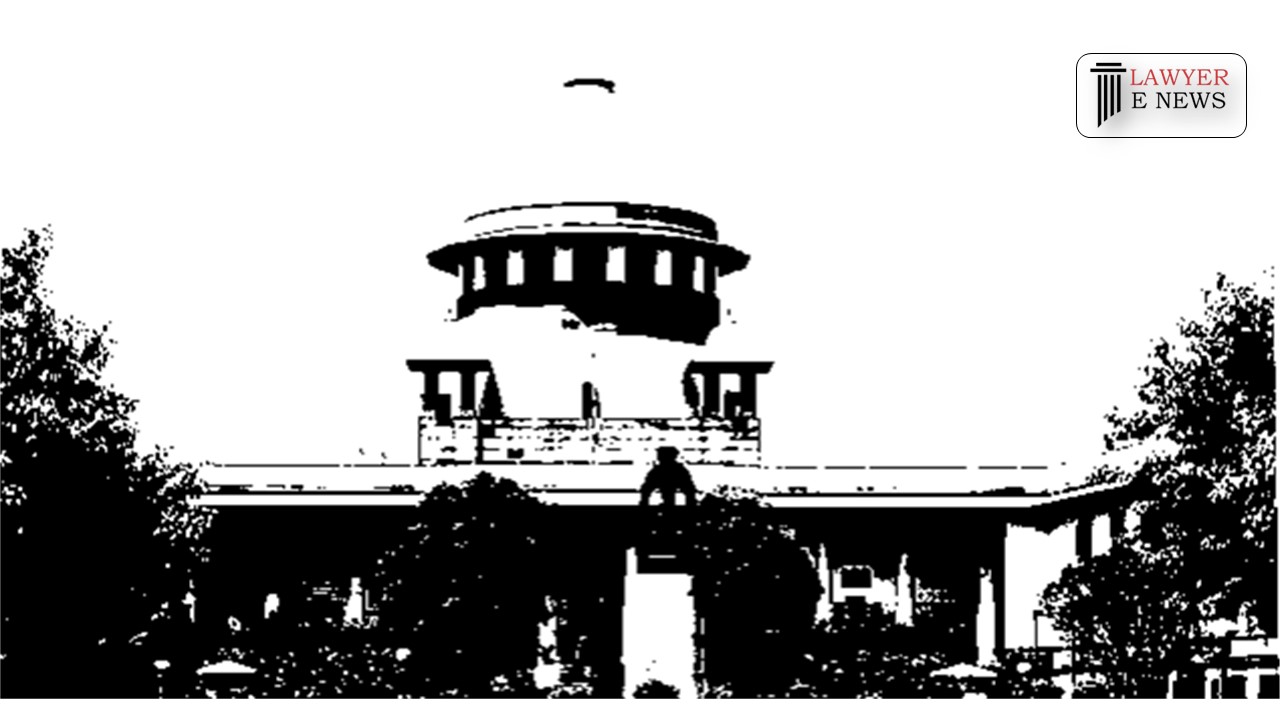-
by Admin
15 February 2026 5:35 AM



In a significant ruling, the Supreme Court of India granted bail to Aniket Kumar, an appellant in a case involving allegations of kidnapping and sexual offenses under Sections 363, 366, 376 of the Indian Penal Code (IPC) and Sections ¾ of the POCSO Act. The bench, comprising Justice Bela M. Trivedi and Justice Pankaj Mithal, focused on the appellant’s prolonged custody since December 2022 while making this decision.
The legal crux of this judgement revolves around the granting of bail in a case marked by accusations of abduction and sexual offences, particularly under the stringent POCSO Act. The court’s decision hinged on the appellant’s prolonged period of custody and the complexity surrounding the victim’s age and consent.
Aniket Kumar, the appellant, was accused of kidnapping a girl and committing sexual offenses. The defense argued that the girl had voluntarily married the appellant, as indicated in her statements under Sections 161 and 164 of the Criminal Procedure Code. A notable contention was the victim’s age, with the appellant claiming she was of marriageable age, while the complainant asserted she was a minor at the time of the incident.
In their assessment, the Supreme Court carefully navigated the sensitive aspects of this case. Justice Bela M. Trivedi noted, “Without expressing any opinion on the merits of the case,” emphasizing the court’s neutral stance on the factual disputes. The court prioritized the consideration of the appellant’s prolonged custody since December 2022. Justice Pankaj Mithal added, “We are inclined to accept the present appeal,” reflecting the bench’s decision to prioritize the liberty of the individual amidst ongoing legal proceedings.
Concluding the proceedings, the Supreme Court directed the release of Aniket Kumar on bail, subject to the terms and conditions imposed by the Trial Court. This decision marks a significant point in the legal discourse on bail provisions in cases involving sensitive and complex issues like age disputes and consent in alleged sexual offenses.
Date of Decision: February 28, 2024
Aniket Kumar vs. State of Uttar Pradesh & Ors.
